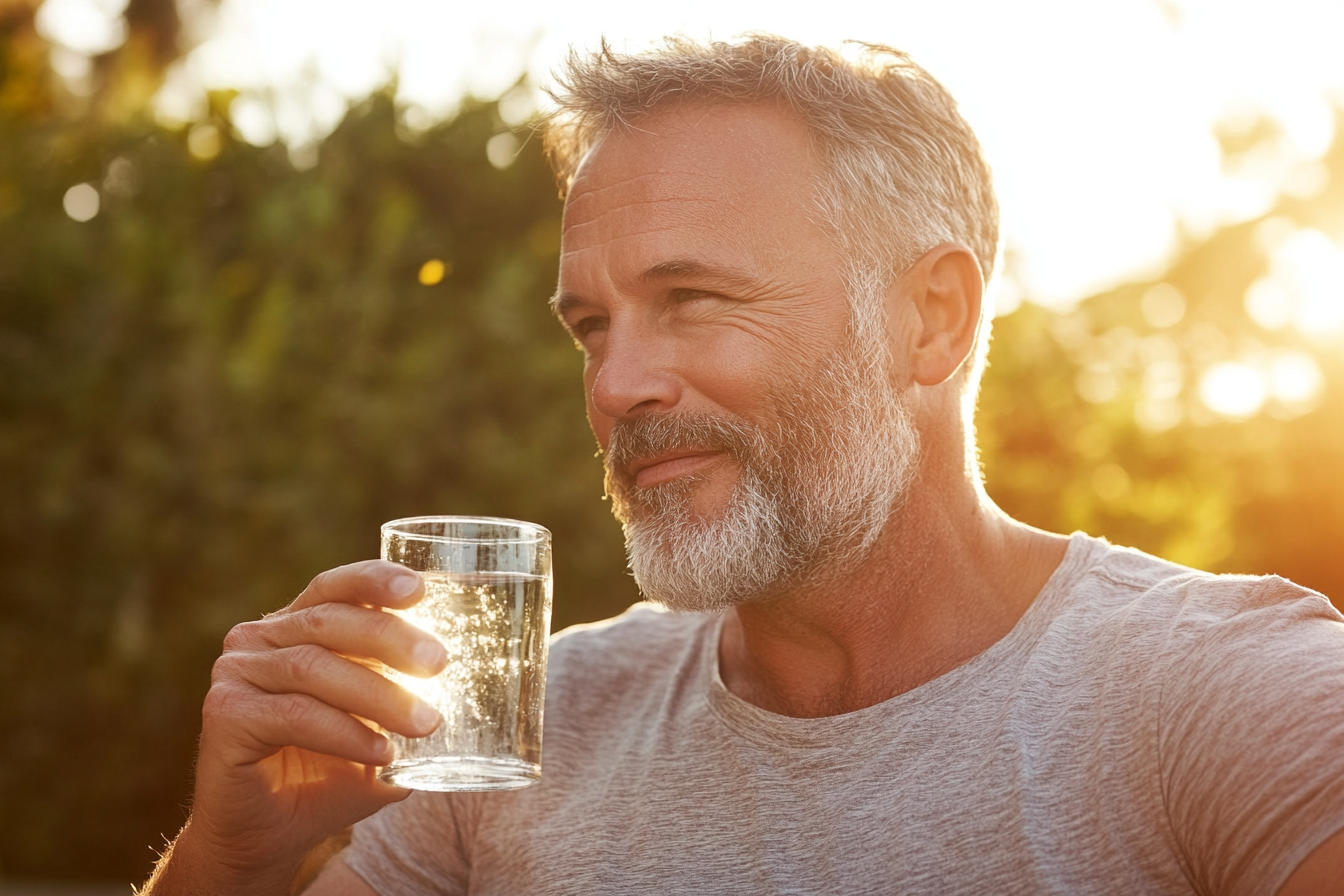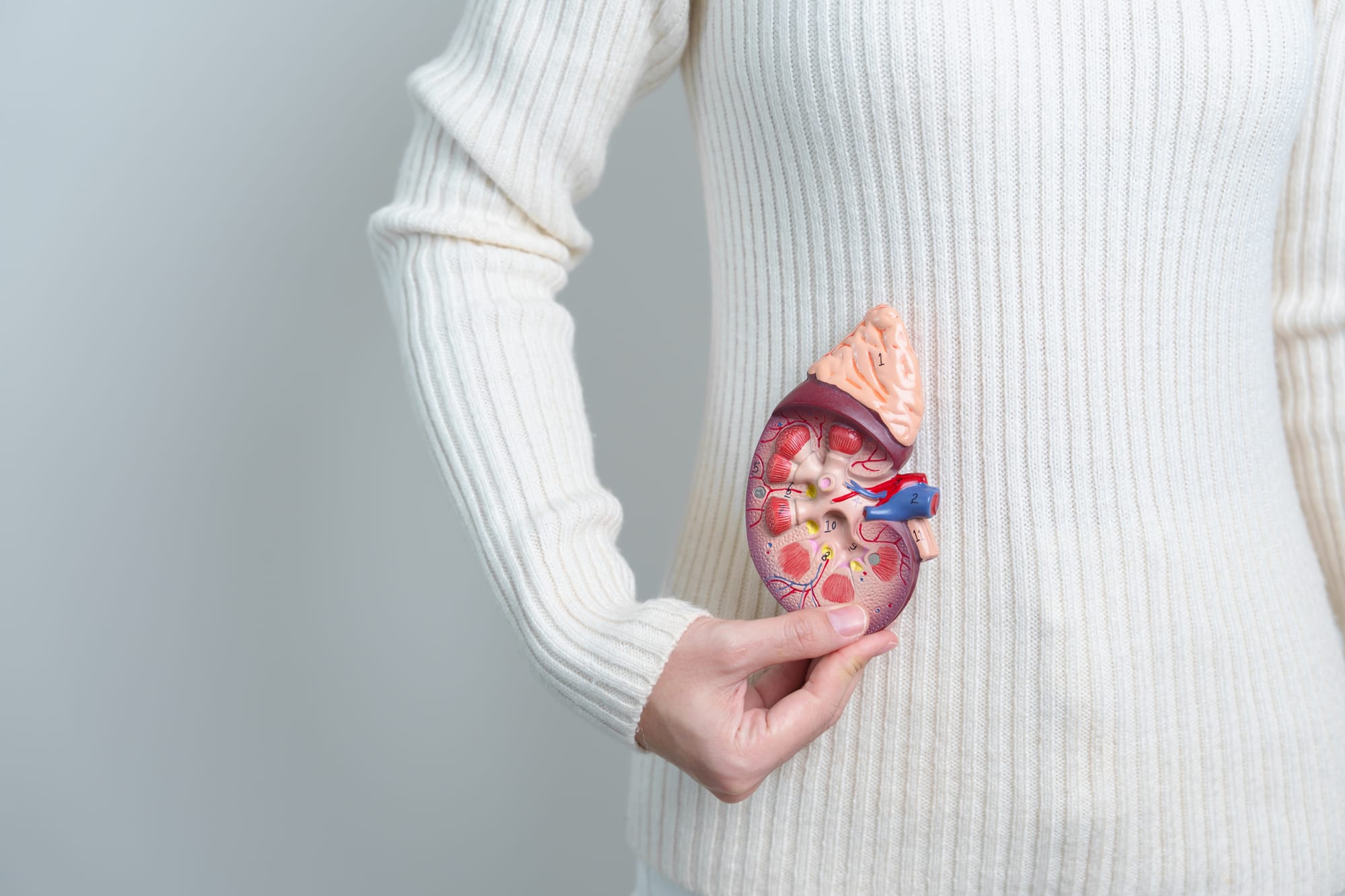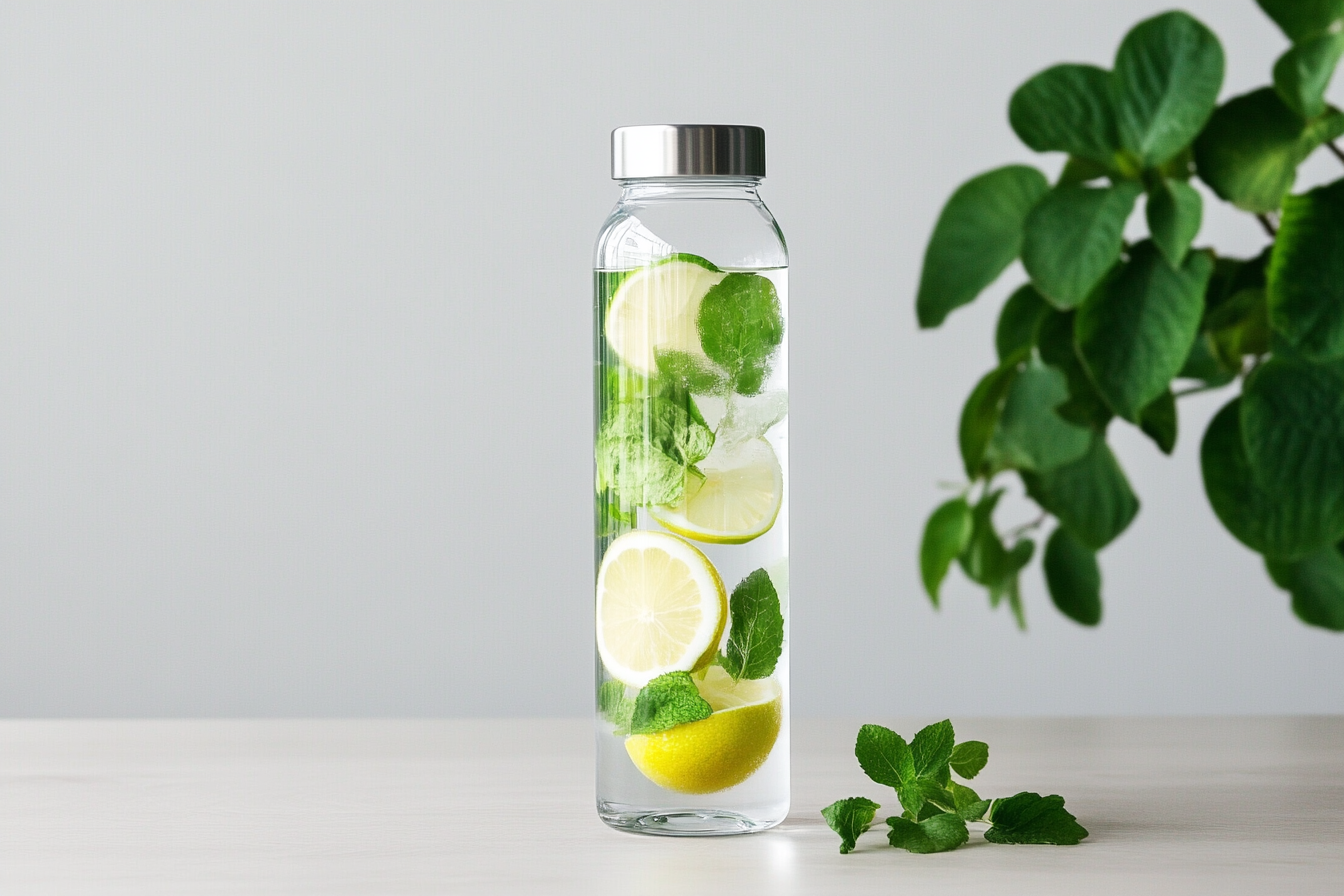From Challenges to Comfort: Palliative Care for Dementia Patients
Practical ways palliative care makes life more comfortable for dementia patients, addressing their physical and emotional needs with care.
Thirst isn’t as strong as we get older, but hydration remains essential to health and energy. This article uncovers the science behind why older adults need extra water and offers practical, enjoyable tips to keep up hydration, without relying on thirst alone.

As we age, there are plenty of subtle changes to adjust to, but one that often sneaks under the radar is the decrease in thirst. Drinking water becomes less instinctive as we get older, yet our need for it doesn’t lessen; in fact, it can actually increase. This mystery of decreased thirst while aging has real consequences, from physical discomfort to serious health risks. So, let’s get into the science of why our bodies seem to forget about water just when we need it most.

As humans, we are more than 50% water, and maintaining that is one our top priorities. Our sense of thirst is managed by multiple different parts of our bodies, and at its top of the list is the brain, specifically a region called the hypothalamus. The hypothalamus acts like an internal thermometer and hydration monitor, alerting us when we’re running low on fluids. However, as we age, this system begins to lose its edge. The hypothalamus becomes less sensitive, and its thirst signals grow weaker, meaning that it often fails to call for water even when the body could really use it.
Then, there’s the question of body composition. Over time, our muscles—which hold a significant amount of our body’s water—decrease in mass. Fat cells, on the other hand, which don’t store as much water, tend to increase. With less water stored in muscles, the body’s overall water reserve drops, creating a constant, low-level need for hydration that the body’s signaling systems may not always detect. The combination of a brain that’s less responsive and muscles that store less water explains why older adults may feel fine but still be at risk of dehydration.
Hormones play a huge role in hydration, and age changes how they work in our bodies. Two key players here are aldosterone and vasopressin. Aldosterone’s job is to help the body retain sodium and, consequently, water. As we age, aldosterone production drops, leading to a less efficient water-conservation process. This hormonal shift can leave older adults slightly dehydrated, often without any thirst to warn them.
Then there’s vasopressin, also known as the antidiuretic hormone. Vasopressin signals the kidneys to retain water, and fluctuations in its levels can make it harder for the body to manage fluid balance. For older adults, this means they might not feel the need to drink more, even if they’re losing more water than they should.
Menopause and andropause also impact hydration, as hormonal changes in estrogen and testosterone indirectly affect fluid balance. Estrogen, for example, can impact how efficiently cells hold on to water, while testosterone influences muscle mass, and by extension, the body’s water reserves. These hormonal shifts may not be obvious, but they play a significant role in the hydration needs of older adults.

Our kidneys are one of our most important organs, especially when it comes to hydration, working tirelessly to balance fluid levels by filtering and concentrating urine. Yet, as we age, kidney function naturally declines, and with it, the body’s efficiency in conserving water. Older kidneys are less able to concentrate urine, which means they release more water than before, even if it’s not necessary. This increases the frequency of urination and can lead to greater fluid loss throughout the day.
With the kidneys working less efficiently, the body ends up in a state of mild dehydration more often. This scenario calls for extra water intake, but without the strong thirst signal to go along with it, seniors may not feel the urge to replenish their fluids. This means that a person can be dehydrated and not even know it, simply because the kidneys, the thirst response, and the overall system are no longer fully synchronized.
Combined with these factors, all our senses become less as we age. Much like taste, smell, and hearing, the sensory receptors that alert us to thirst may become less sensitive over time, resulting in a dulled sensation of dryness or thirst. Nerve receptors throughout the body, especially in the mouth and throat, play a major role in detecting dehydration and prompting thirst. As these receptors lose some of their sensitivity, they fail to sound the alarm for water, leaving older adults feeling as though they’re hydrated when they’re actually in need of fluids.
On top of this, certain medications and medical conditions can add to the thirst confusion. Many older adults are prescribed medications for blood pressure, heart conditions, or arthritis. Diuretics, commonly used for managing blood pressure, encourage fluid loss and can make hydration even harder to maintain. Diabetes, a condition common among older adults, can also impact thirst mechanisms, making it difficult to detect early signs of dehydration. These factors make it all too easy for hydration needs to fall out of balance.

So, how can seniors stay hydrated when thirst isn’t working how it used to? There are a few simple strategies to incorporate more water into the day without it feeling like a chore. Here are some practical approaches: